
Editor's note: The Top of the Morning staff is pleased to continue our week-long celebration of the Day of Remembrance with author David G. Woolley through the Jewish Feast day on Monday, September 29th. Today's post deals with the brass plates and Sariah, wife of Lehi.
The Book of Mormon is a divine treasure trove. It clarifies biblical doctrine. It adds the weight of proportion to the most important gospel teachings. Faith. Repentance. Forgiveness. Baptism. Atonement. Salvation. It restores and supports the divine necessity of covenant-making and covenant-keeping. It testifies of Christ. Its also a treasury of artifacts that lends very nicely to novel writing.
Laban's sword. The Liahona Compass. The Title of Liberty. Small plates. Large plates. An Ezrom of silver (look for a fascinating discussion about ezroms of silver in a future post). These tangibles make the intangibles of story telling palpable. Artifacts are the building blocks of epics. The technical tools of scene creation. The props of a great tale.
The jewel in the crown of ancient Book of Mormon artifacts is the brass plate record sequestered in Captain Laban's treasury. Similar to the Semitic writings found on this bell-shaped brass plate pictured above, Captain Laban's brass plate record was one of the first artifacts mentioned in the Book of Mormon. Its also arguably the most important.
For nearly a thousand years the the Law of Moses recorded in the brass plates guided the religious life and the cultural identity of the Nephites. They were to have no other Gods but the God of Israel. Graven images were out. Modesty was in. The meat of wild animals was prohibited. Domesticated beasts were the only approved source of animal protein and even then, if the meat was not ritually drained of its blood by the local Nephite priest, it was likely considered a blood-thirsty, unclean food and not fit for consumption. Personal sanitation was paramount. Washing a must. Clean water wells and flowing aquifers satiated the need for bathing. Agriculture was encouraged. Hunting and nomadic life was frowned upon.
When Enos wrote of his Lamanite adversaries he described them in terms of his covenant-keeping Law-of-Moses-adhereing world view. We learn as much about Nephite cultural and religious sensibilities as we do of the Lamanites when he wrote, "I bear record that the people of Nephi did seek diligently to restore the Lamanites unto the true faith in God. But our labors were vain; their hatred was fixed, and they were led by their evil nature that they became wild, and ferocious, and a blood-thirsty people, full of idolatry and filthiness; feeding upon beasts of prey; dwelling in tents, and wandering about in the wilderness with a short skin girdle about their loins and their heads shaven; and their skill was in the bow, and in the cimeter, and the ax. And many of them did eat nothing save it was raw meat; and they were continually seeking to destroy us (Enos 1:20).
The last phrase from Enos is rather telling. Neighboring non-covenant-keeping tribal civilizations, referred to in this passage under the blanket title of Lamanites, were continually seeking to destroy the Nephites. Why the war-like mentality? The family feud between Laman and Nephi likely didn't fuel outrage in vast segments of Lamanite society, many of whom were not direct descendants of Laman and Lemuel. Anger over centuries old grudges may have been the war cry, but the Book of Mormon makes very clear that suspicion over unfamiliar Nephite religious practices coupled with competition for life-sustaining resources like land, water, and crops, as well as sources of wealth like gold and silver, were the fundamental motivators of self-interest behind their wars.
The Nephites were peculiar when compared to any other tribal group in the region. Nephites worshiped a living God. Neighboring civilizations worshiped idols. The Nephites looked forward to the coming of Christ. Neighboring civilizations looked forward to the coming of whole classes of heavenly, earthly and underworld Gods. Nephites viewed their kings as men in the service of God. Neighboring civilizations deified their kings in deity impersonation rituals and their war heroes and generals were believed to be Gods come to earth in human form. The Nephites followed a strict code of nutrition. Neighboring civilizations hunted wild game. The Nephites lived a sedentary, agrarian lifestyle. Neighboring civilizations were mostly semi-nomadic with the exception of some north-of-the-narrow-neck groups who became expert in building cement homes. And even those were dissident Nephites who defected in search of arable land and who, for a time after defecting, likely followed at least portions of the Law of Moses.
The account of Mosiah interloping the kingship of a newly encountered civilization is difficult to fathom if not for one key factor (Omni 1:12-20). The brass plates. Warned by God through revelation, Mosiah escaped the Land of Nephi ahead of a Lamanite attack that would likely have brought the Nephite civilization perilously close to extinction. He led the migration of roughly thirty thousand through difficult-to-negotiate mountains for twenty one days before arriving in the Vally of the Land of Zarahemla where, over nearly four hundred years, the Mulekites had established a much larger kingdom. It was the brass plates that likely convinced King Zarahemla to turn the reigns of government power over to non-native speaking, newly arrived King Mosiah. The Law of Moses preserved on the metal plates was a symbol of their shared Hebrew past. It was a constitutional foundation under which they would mix multiple tribes speaking multiple languages into a single Nephite nation under the rule of direct descendants of Nephi.
Divine inspiration led Lehi to send his sons back to Jerusalem to secure the brass plates from Captain Laban. Not only did the record guide the religious practices of the Nephites, preserve their heritage, and act as the foundation for governing their society for nearly six hundred years, it also contained the writings of ancient prophets destined to be copied into the gold plate record containing the text of the Book of Mormon. Sariah, the mother of these boys, was no less inspired to agree to the unthinkable. She allowed her sons to return to Jerusalem knowing that their mission could get them killed.
In this excerpt from Day of Remembrance, the expectant mother, Sariah, has been up most of the night while Lehi tossed and turned in his sleep. He was dreaming, she was suffering the pain of carrying a baby to term in the unforgiving heat and sands of a wilderness desert. She was also distressed over the possiblity of her sons returning to Jerusalem. Neither of them slept well. This scene takes place in the early morning hours inside the tent Sariah shares with her prophet-husband.
Lehi said, “We haven’t a copy of the Law.”
Sariah said, “We brought the writings of other prophets with us.”
“I want your blessing to send our sons back.”
Sariah didn’t answer him and Lehi said, “I dreamed a dream that they’re to go back to—
“I heard you.”
“Then you agree to send them?”
“It’s far too dangerous to send them back for brass plates.”
“I never mentioned brass plates.”
Sariah took hold of the tent pole, the narrow timber bending under her but not breaking. “They’re one of Captain Laban’s relics, aren’t they?” She slowly nodded as she spoke. “Laban keeps them in a treasury beneath his estate, locked away in some sort of vault—isn’t that so? And he guards them with fifty soldiers.”
“I don’t know how many guards.”
“There’s fifty and they keep watch at the front and back entrances day and night armed with swords, and spears and arrows and slings and every manner of weapon.”
“Where did you learn that?”
Sariah slowly lowered herself to the ground holding the center tent pole with one hand and Lehi helping her with the other. She pulled the lambskin blanket under her chin like a child hiding from the dangers of night. “Captain Laban keeps the record of the Jews and also a genealogy of your forefathers engraved on plates of brass.” She glanced up at Lehi. “Why would the Captain have your Genealogy? There’s no explanation for that, but for some reason he does.”
Lehi said, “Where did you get such a notion?”
Sariah brushed a tear from her cheek before softly saying, “Last night I dreamed the same dream.”
__________________________
Join author David G. Woolley at his Promised Land Website.

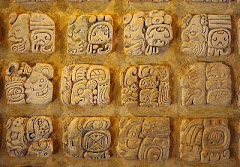
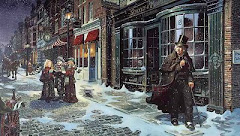


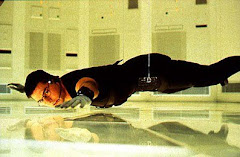
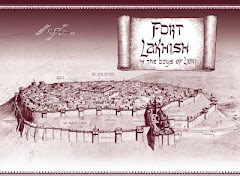



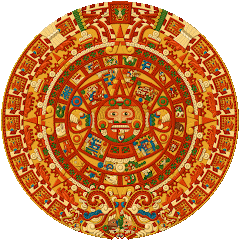
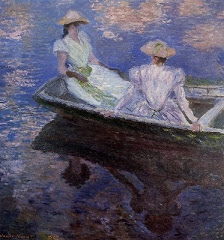
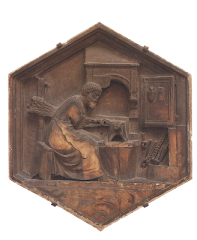

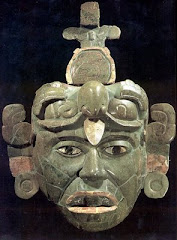



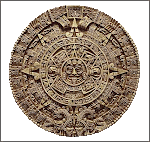

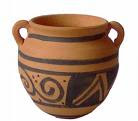
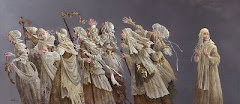




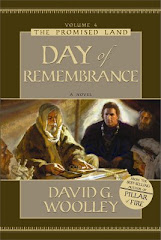


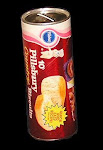
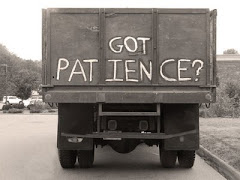
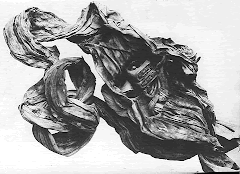
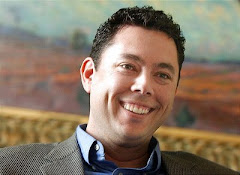

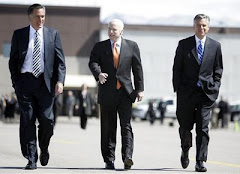

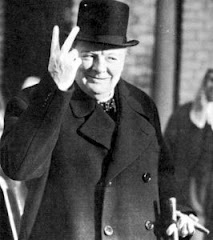
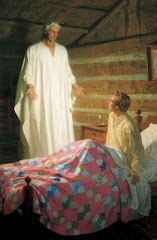


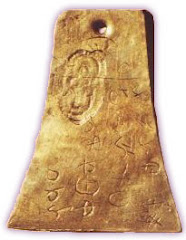


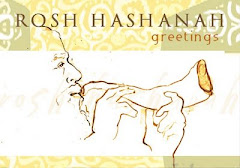


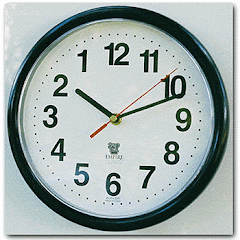

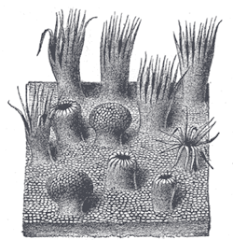
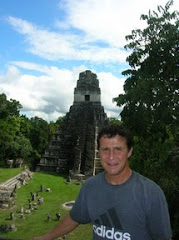


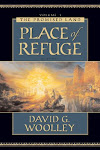
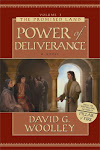

8 comments:
I love Sariah and I love your treatment of her in the books
Sariah is one of my favorite women in the scriptures. I identify with the turmoil she must have gone through in her quest to do what was right.
Very interesting Blog!
Sandra:
I love Sariah too. She's a marvel. I like to think she is everyone's mom.
Kim:
Thanks for stopping by the Top of the Morning. Hope you enjoy your jaunt. Come back often. I notice that you're an author. Tell us more. That is really interesting. And, of course, being in the same professional pursuit, I'm all ears.
Hope everything is going well for both of you.
All the best,
David G. Woolley
Thanks for the warm welcome, David. Your blog is fascinating. I'll be back often.
You and I have more than writing in common. One of your '94 select Rangers also belongs to me. :)
The world of writing is new to me, but I'm hooked. I'm submitting my first manuscript to Covenant in the next few days. It's exciting, but scary.
Take care,
Kim
Wow Kim. And I didn't even figure that one out. Your son and his entire team are having a great run this fall, wouldn't you agree?
Game time on Friday pushed one half hour earlier. Did you get the email?
I'm happy for you and your all-but-published work. What's the working title? What's the genre? What's the story? Who are the characters you like the most? Sad but true, even authors have favorites.
Thanks again for stopping by Top of the Morning and clicking around. I'm hoping that the content is uplifting and informative and worth your time. The posts just continue to grow and grow. There's lots more interesting stuff just waiting in the wings.
All the best,
David G. Woolley
PS: bring a Book of Mormon afficiando friend to the Top of the Morning next time you stop by. The more, the merrier...
And Kim....
Why don't you send me a copy of your ms (or drop it by a soccer game). Every author ms I've reccomended to the editors over at Covenant have gotten a quick reply and a contract. Just a thought. However, I don't want you to break my unbroken string...
David G. Woolley
David,
Yes, I got the email about the time change. Thanks for the reminder.
I'll email you a copy of my ms. Yes, I'd hate to break your string of success, but I appreciate your help!
Kim
Post a Comment